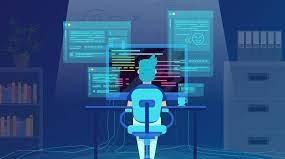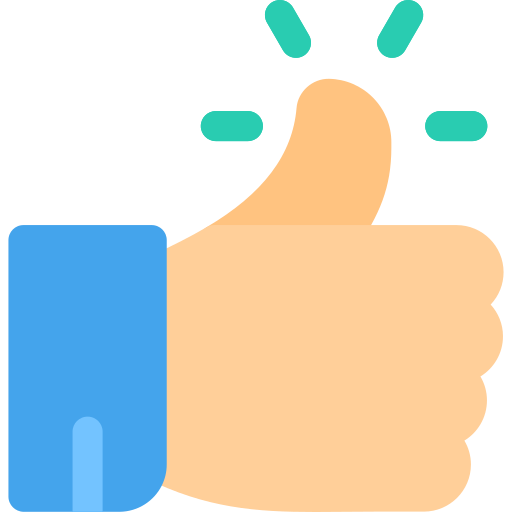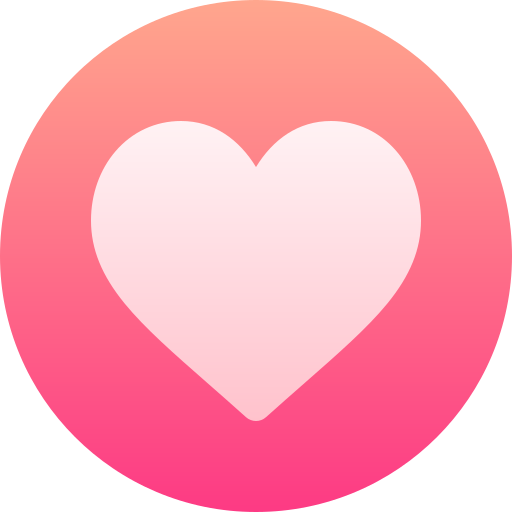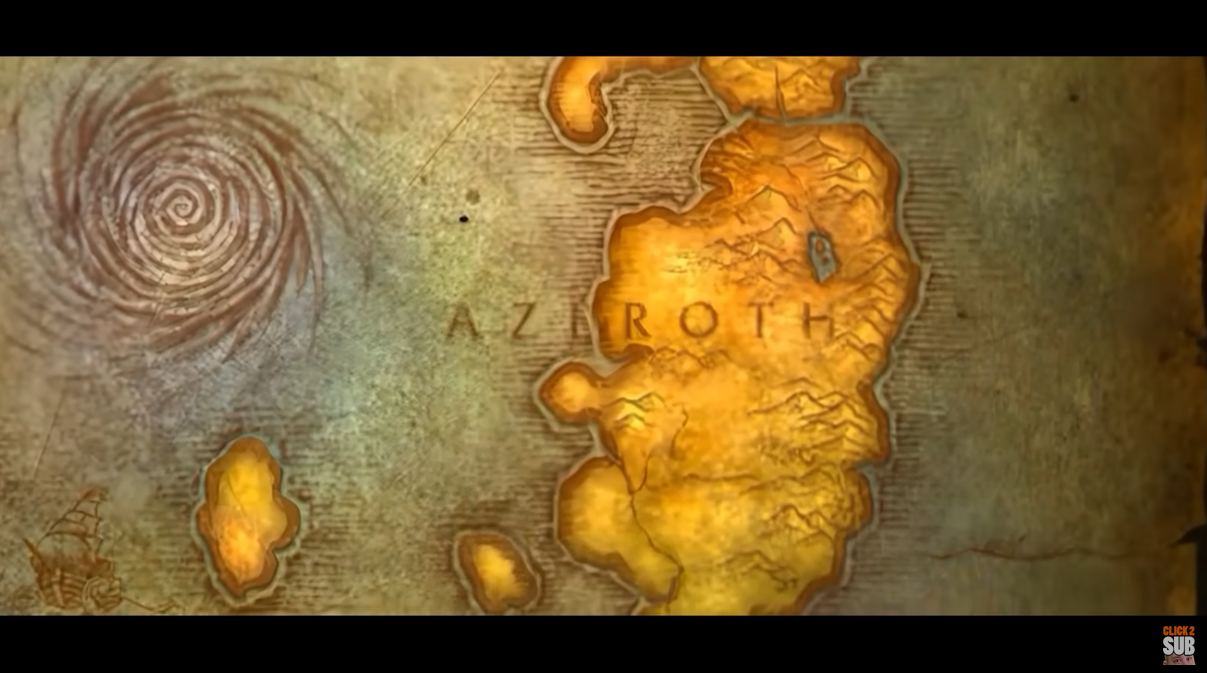Computer science or Data science

· Computer Science is a field that focuses on the study of algorithms, data structures, programming languages, and the theoretical foundations of computing. It encompasses various aspects of computing, including software development, hardware design, and the development of algorithms for problem-solving.
· Data Science, on the other hand, is a multidisciplinary field that combines elements of computer science, statistics, and domain knowledge to extract insights and knowledge from data. Data scientists work with large and complex datasets, perform data analysis, and build predictive models to make data-driven decisions.
The main difference between Computer Science and Data Science is their focus and objectives:
1. Computer Science: Primarily focuses on the study of algorithms, software development, computer systems, and the theoretical aspects of computation. It is a broader field that covers various aspects of computing.
2. Data Science: Primarily focuses on extracting meaningful insights and knowledge from data. It involves data collection, cleaning, analysis, and the development of models to make predictions or solve specific data-related problems.
Certainly, both Data Science and Computer Science encompass various skills and branches. Here are some key skills and branches for each field:
Data Science:
1. Data Analysis: The core skill involves cleaning, exploring, and analyzing data to extract insights.
2. Machine Learning: This branch focuses on building predictive models and making decisions based on data.
3. Statistics: Understanding statistical concepts and hypothesis testing is crucial for data analysis.
4. Data Visualization: Skill in presenting data visually through charts, graphs, and dashboards.
5. Big Data Technologies: Knowledge of tools like Hadoop and Spark for handling large datasets.
6. Data Engineering: Involves data collection, storage, and data pipeline creation.
7. Domain Knowledge: Understanding the specific industry or domain you're working in to derive meaningful insights.
Computer Science:
1. Software Development: The art of creating software applications using programming languages like Java, Python, C++, etc.
2. Algorithms and Data Structures: Fundamental to solving complex problems efficiently.
3. Database Management: Skills in designing, managing, and optimizing databases.
4. Networking: Understanding computer networks and protocols.
5. Operating Systems: Knowledge of how computer operating systems work.
6. Artificial Intelligence: Including areas like natural language processing, computer vision, and robotics.
7. Cybersecurity: Protecting systems and data from security threats.
8. Human-Computer Interaction (HCI): Focusing on user experience and interface design.
In summary, Computer Science is a broader field that encompasses various aspects of computing, while Data Science is a specialized field that concentrates on data analysis and deriving insights from data using computational and statistical techniques. Data Science often relies on principles and techniques from Computer Science but has a distinct focus on data-related tasks.
Web Development is typically considered a subset of Computer Science, specifically falling within the domain of software development. While web development may involve working with data, databases, and occasionally elements of data science (such as visualizing data on a website), it is primarily concerned with creating and maintaining websites and web applications.
The core skills and knowledge required for web development include programming languages like HTML, CSS, JavaScript, and various web development frameworks and libraries. These skills are rooted in Computer Science principles, such as algorithms, data structures, and software engineering practices.
In contrast, Data Science is more focused on data analysis, machine learning, and statistical modeling to extract insights from data, which is different from the primary focus of web development. However, there can be overlap in skills and tools, as data visualization and interaction with data via web interfaces may be part of a data scientist's work.
So, while web development and data science can complement each other, they are distinct fields, with web development being a subset of Computer Science and data science having a more specialized focus on data-related tasks.






